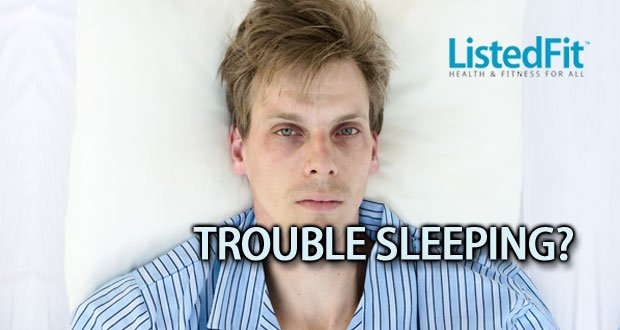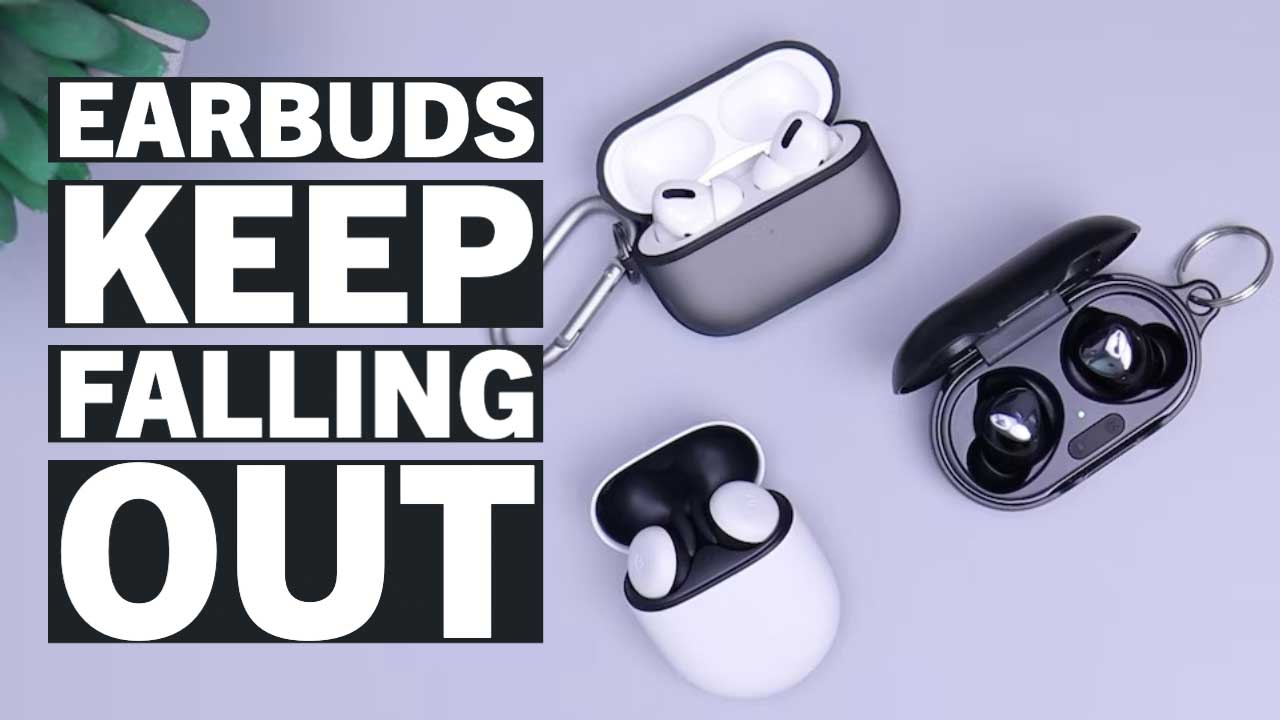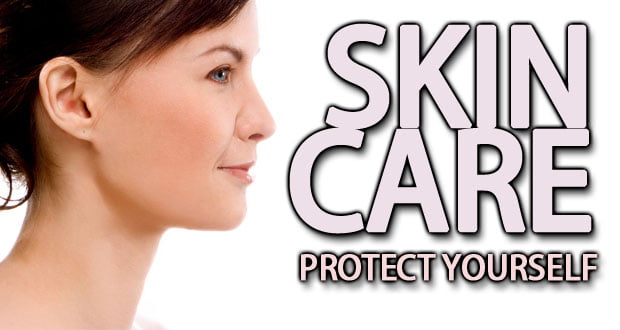Delayed Sleep Phase Syndrome? (DSPS)

ListedFit is reader-supported. When you buy through links on our site, we may earn a small commission.
Delayed sleep phase syndrome
Do you consider yourself to be a night owl? Do you like staying up late and work at night? Is working late at night effective for you? Then you might be suffering from the so called delayed sleep phase syndrome (DSPS), but you may not know it.
“I Can’t Sleep” – What is DSPS?
Delayed sleep phase syndrome is the inability to fall asleep at desired time, much like insomnia. But the difference between the two issues is that with DSPS people are able to fall asleep eventually, whereas with insomnia a good night sleep is not achievable. Patients with DSPS are able to fall asleep late in the night / early in the morning and as a result of they cannot get up in the morning at their desired time. This can be a real issue. Missing school or being late for work is never productive.
About 15% of adults are affected by delayed sleep phase syndrome, but 90% of them will not realise it. DSPS was discovered and acknowledged in 1981, before that DSPS was often misdiagnosed for insomnia.
There are ways to recover from delayed sleep phase syndrome. One way is to try and maintain a healthy sleep schedule, meaning going to bed before midnight, preferably at 10 in the evening. 1 to 2 hours prior to going to bed no television or computer use is advised. This way your body can prepare for a resting session. Read a good book instead of watching TV or using the internet.
It can be difficult and ineffective for you to suddenly go to bed at 10 in the evening (because you will not be able to fall asleep for a long time), so a step-by-step approach is advised. Every night go to bed 30 minutes earlier than the night before and wake up 30 minutes earlier than you did the morning before. Repeating this process will allow you to adjust your sleeping schedule effectively and hopefully help you recover from delayed sleep phase syndrome.
Other methods are more advanced and usually require help from your personal doctor.
Author
Latest entries
 FitnessAugust 19, 2023Yohimbe vs Yohimbine: A Quick Comparison Guide
FitnessAugust 19, 2023Yohimbe vs Yohimbine: A Quick Comparison Guide AshwagandhaJune 16, 2023Is Ashwagandha Good for Working Out? Key Benefits Explored
AshwagandhaJune 16, 2023Is Ashwagandha Good for Working Out? Key Benefits Explored Sports HeadphonesMay 25, 2023Why Your EarBuds Keep Falling Out – Quick and Easy Solutions
Sports HeadphonesMay 25, 2023Why Your EarBuds Keep Falling Out – Quick and Easy Solutions Nike ShoesMay 12, 2023Do Nikes Run Big or Small? Decoding the Perfect Fit
Nike ShoesMay 12, 2023Do Nikes Run Big or Small? Decoding the Perfect Fit
Affiliates:
This post may contain affiliate links that at no additional cost to you, the site may earn a small commission. We only recommend products we would use ourselves and all opinions expressed on this site are our own.
General Advice:
The information provided in this article is for general informational purposes only. It is not intended as a substitute for professional advice. Always consult with a qualified healthcare professional before starting any new diet, exercise program, or making changes to your health routine.
Accuracy Advice:
While we strive to provide up-to-date and accurate information, the content in this article may not reflect the most current research or medical guidelines. We encourage readers to do further research and consult with professionals for more personalized advice.
Our Recommendations:
The products and services mentioned in any of our articles are recommended based on our independent research and personal experience. We are not sponsored by any company. We aim to suggest products and services we believe are of high quality and could be beneficial to our readers.






